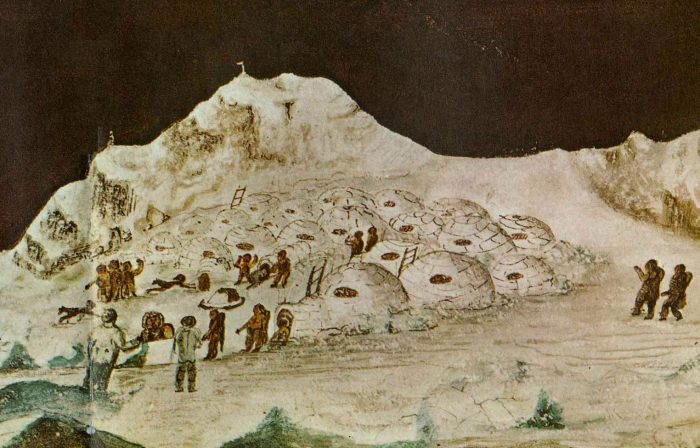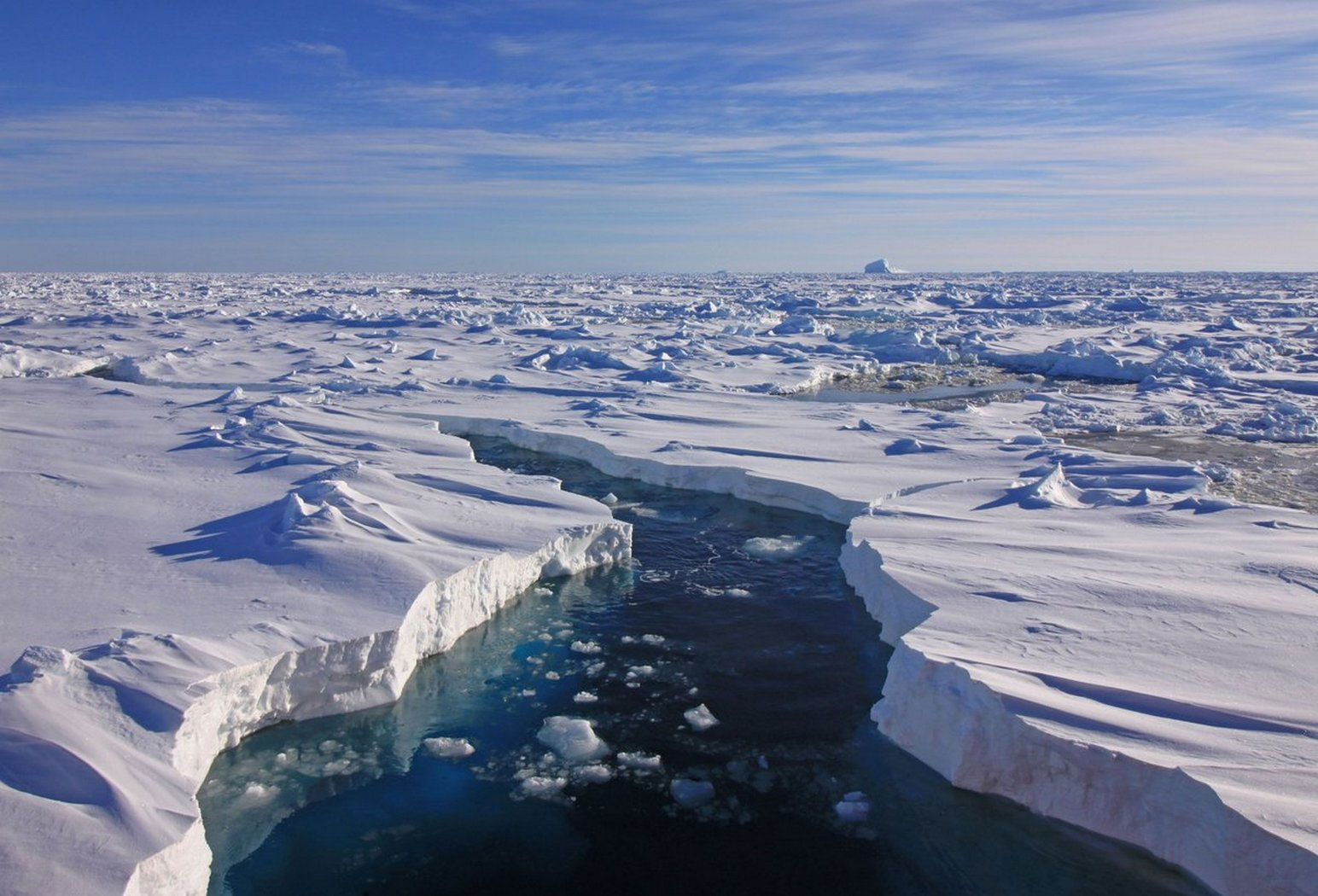
ᐊᒡᓘᒃᑲᖅ
Agluukkaq (From Inuktitut ᐊᒡᓘᒃᑲᖅ)
Agluukkaq, translated as “he who takes long strides,” was a common name bestowed on nineteenth-century Arctic explorers, whose own qallunaaq (European) names were unpronounceable. Generally reserved for officers, who seemed to rush around and direct activities, it was also applied to unseen tall men whose widely-spaced tracks in the snow were distinctive.
The phonetic version of the name – “Aglooka” was given to John Rae, J.C. Ross, and Francis Crozier. As the scholar R.J. Cyriax, remarked, “the mere fact of an explorer’s being called “Aglooka” … affords slender evidence of his identity.” The multiple interactions of Aglooka with the Inuit – they met with him on the march, visited his ships, and sheltered him after their destruction – form the backbone of any effort to illuminate the greatest historical puzzle of Arctic exploration – the tragic fate of the Third Franklin Expedition of 1845.
This website attempts to follow in the footsteps of the various striders, mainly through examination of surviving Inuit traditions. Translational difficulties, cultural misunderstandings, and fantastical elements are complicating factors. Still, Inuit accounts are essential, as demonstrated by their role in the recent discovery of Franklin’s two wrecked ships. My decades-long inquiry into these matters has resulted in published and unpublished work, many expeditions to the Arctic to follow leads and much media interaction. I hope this website offers insight into these matters, answers many questions that commonly arise, furthers debate and fosters new interest in this fascinating subject.
